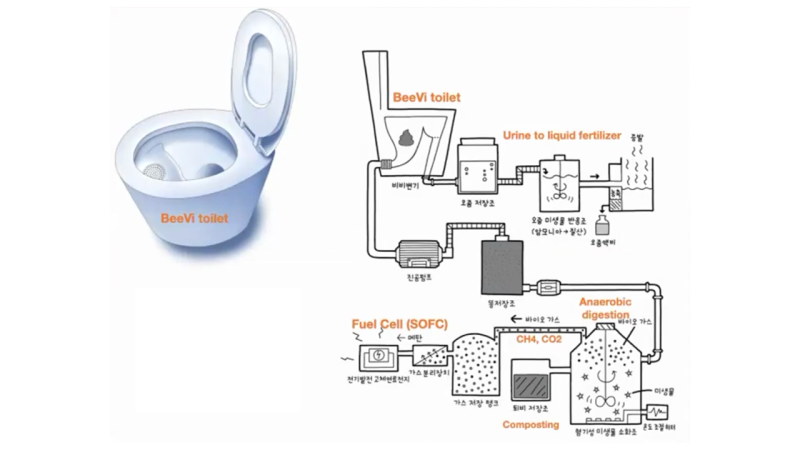Eco-friendlier cement made from sludge and urine
The production of traditional Portland cement is a major source of greenhouse gas emissions, as the ingredients have to be heated to very high temperatures. Such is not the case with a new biocement, however, which also incorporates waste materials.Con… Continue reading Eco-friendlier cement made from sludge and urine
